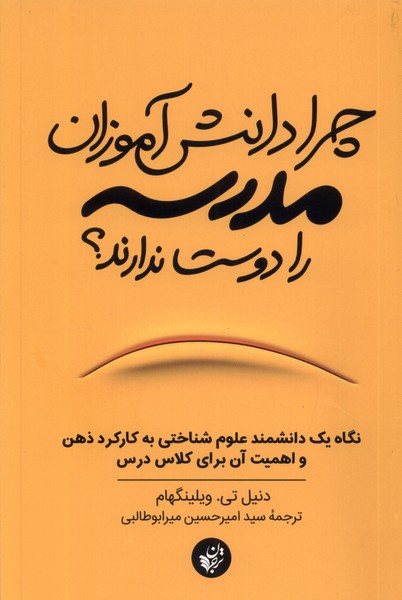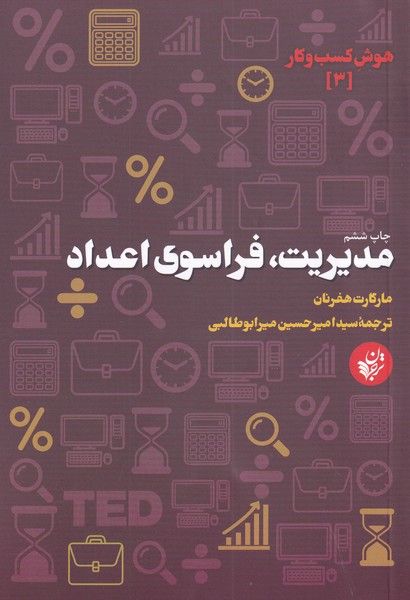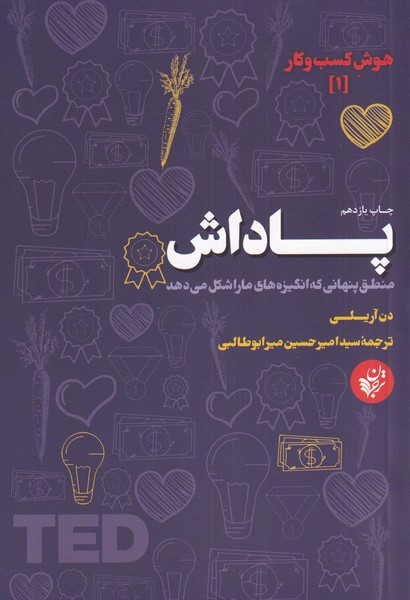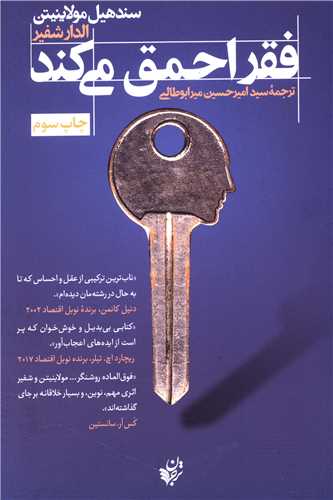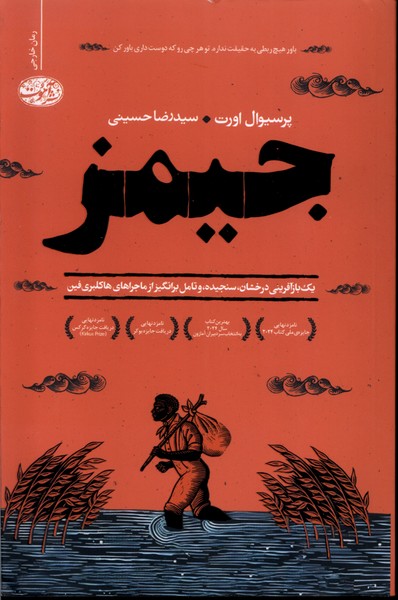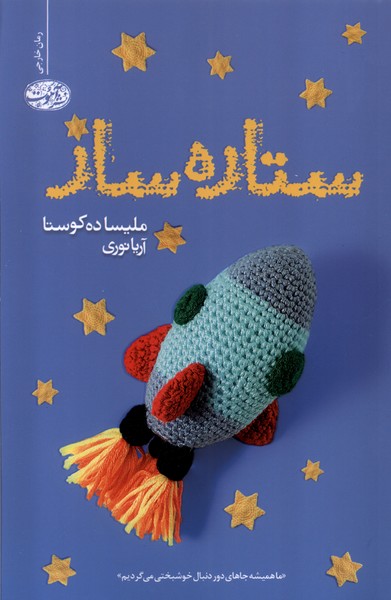چرا دانشآموزان مدرسه را دوست ندارند؟ الفارسية 1402
Chirā dānish'āmuzān madrasah rā dūst nadārand?
17٫89 $
مشاركة
Wishlist
العنوان الأصلي:
Why Don't Students Like School?: A Cognitive Scientist Answers Questions About How the Mind Works and What It Means for the Classroom
ISBN رقم:
9786225734159
المترجم:
Siyyid Amīr'ḥussayn Mir'abū'ṭālibī
الناشر:
Amawt
الفئة العمرية:
البالغون
الصفحات:
248
الوزن:
286 g
أبعاد المنتج:
14 x 21 x 2٫2 cm
غلاف الكتاب:
غلاف ورقی
For many of us, school is reminiscent of boring classes, confusing assignments, and test anxiety. A place we entered with fear and tears and fled from there when we heard the last bell of joy. Why is school, with all its benefits, still not a pleasant and enjoyable place? Why do students not like to attend classes and lessons? Should learning be associated with hard work and discipline? In this book, Daniel Willingham, a cognitive scientist, seeks answers to such questions by examining the brain and human intelligence and cognitive functions. In his opinion, we should not think that our brain is basically made for thinking and it is good at this work. The human brain is a fugitive from thinking and naturally considers it an unpleasant task unless parts of this process can be adapted to the brain. Willingham brings the findings of cognitive science to the field of education and offers practical recommendations to improve the education process. In each chapter, while explaining the functions of the mind, he goes to one of the common educational problems: how should abstract ideas be explained? How to create a balance between teaching theoretical facts and skills? How to help slow learners? And most importantly, how can you make students learn with pleasure?
more
مدرسه برای بسیاری از ما یادآور کلاسهای ملال آور تکالیف گیج کننده و اضطراب امتحان است. جایی که با ترس و اشک واردش شده ایم و با شنیدن زنگ آخر شادی کنان از آنجا گریخته ایم. چرا مدرسه با تمام فایدههایش هنوز جایی خوشایند و لذت بخش نیست؟ چرا دانش آموزان دوست ندارند تن به کلاس و درس و مشق بدهند؟ آیا یادگیری اصولاً باید با مشقت و تأدیب و تکلیف همراه باشد؟ دنیل ویلینگهام دانشمند علوم شناختی در این کتاب پاسخ چنین سؤالهایی را از راه بررسی مغز و هوش انسانی و کارکردهای شناختی جست وجو میکند. به نظر او نباید تصور کنیم که مغزمان اساساً برای فکر کردن ساخته شده است و در این کار مهارت دارد مغز انسان از تفکر فراری است و طبیعتاً آن را کاری ناخوشایند میداند مگر اینکه بتوان بخشهایی از این فرایند را با مغز سازگار کرد. ویلینگهام یافته های علوم شناختی را به حیطه آموزش میآورد و توصیه هایی کاربردی برای اصلاح فرایند آموزش مطرح میکند او در هر فصل، ضمن توضیح کارکردهای ذهن، سراغ یکی از معضلات رایج آموزشی می رود چگونه باید ایدههای انتزاعی را توضیح داد؟ چطور باید تعادلی میان آموزش واقعیت های نظری و مهارتها ایجاد کرد؟ چطور باید به کند آموزها کمک کرد؟ و مهم تر از همه، چگونه میتوان کاری کرد که دانش آموزان با لذت بیاموزند؟
more

